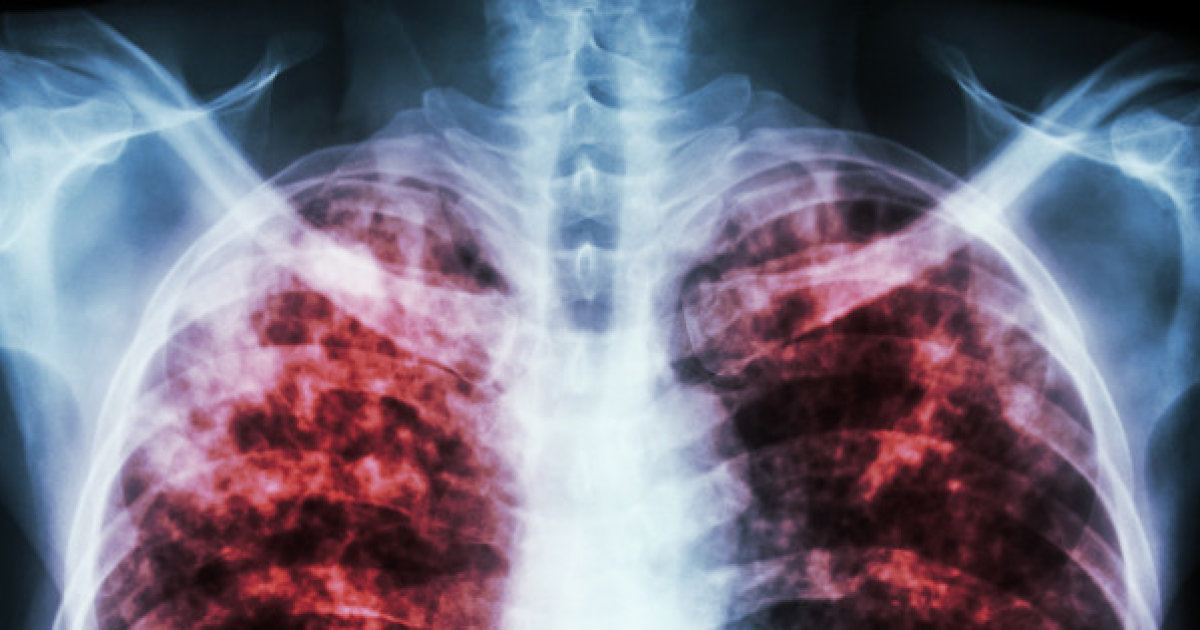Guide To Rifampicin
Rifampicin (rifampin) is an antibiotic used to treat serious bacterial infections. Generally, patients with active tuberculosis take a daily dose of ten milligrams per kilogram of body weight. This medicine can be taken intravenously or orally. The maximum dose is six hundred milligrams per day. This drug may be combined with isoniazid and streptomycin. Most patients need to continue treatment for six months. Patients should let their doctor know about side effects that are bothersome, persistent, or severe.
As mentioned, this medication is a tuberculosis treatment. Of course, patients may choose to try other medications for tuberculosis as well. Most of the time, this includes other antibiotics for tuberculosis. Patients may take this antibiotic for other conditions, including as a leprosy treatment or endocarditis treatment. However, they need to understand how this medication works first.
How It Works

Rifampicin is an antimycobacterial medicine and an antitubercular agent. It fights bacterial infections by stopping the bacteria from completing RNA synthesis. This medicine binds to a part of DNA-dependent RNA polymerase called the beta subunit. This mechanism stops the process of RNA transcription. The liver absorbs this medication, and most of it is excreted through feces.
This drug reaches its peak concentration within two to four hours of administration. It has a half-life of three to four hours in healthy individuals. This medication stays in the body of patients with liver issues longer. It has a half-life that may be up to eleven hours in individuals with end-stage kidney disease.
Continue reading to reveal the uses and benefits of this medication next.
Uses And Benefits

Rifampicin is frequently used in combination with other drugs for the treatment of tuberculosis. It may sometimes be prescribed to prevent this condition. The medication can also prevent meningitis in individuals with Neisseria meningitidis bacteria in the nose or throat. Rifampicin can prevent patients from spreading this bacteria to others. However, it should not be used to treat individuals with meningitis symptoms. This medication may treat endocarditis, leprosy, and bacteremia. It may also help with osteomyelitis and joint infections.
Rifampicin is useful in treating central nervous system infections as well. Examples include encephalitis, brain abscesses, spinal epidural abscesses, subdural empyema, or septic thrombosis of the cavernous or dural venous sinus. Rifampicin may be prescribed 'off-label' to treat itching due to liver disease. It may also help treat brucellosis and moderate to severe cases of hidradenitis suppurativa.
Discover the potential side effects next.
Potential Side Effects

Patients have noticed headaches, nausea, upset stomach, and heartburn while taking this medication. Women taking it could develop changes in their menstrual cycles. This drug can cause urine, tears, saliva, or sweat to become brown, red, or orange. This discoloration resolves once the patient stops taking rifampicin. However, this medicine could permanently discolor the patient's teeth. This medication may cause changes in behavior and coordination. Some patients may experience diarrhea, abdominal pain, and loss of appetite during treatment.
Rifampicin can change the results of certain lab tests. For example, it could cause elevated liver function tests, low red blood cell counts, elevated BUN levels, and elevated serum uric acid levels. Some patients may develop liver disease as a result of taking this medication. Thus, patients should be aware of possible signs of liver damage. Individuals with liver damage may notice yellowing of the skin or eyes. They could also have dark urine, persistent nausea, or abdominal pain. They should report them to their doctor immediately.
Get the details on precautions to remember with this medication next.
Precautions To Remember

Before prescribing this medicine, doctors need to know about the patient's medical history. Rifampicin may not be safe for individuals with a history of diabetes, bleeding disorders, porphyria, or liver disease. Using this medicine during the last few weeks of pregnancy could cause bleeding in the mother or baby. Thus, patients should let their doctor know if they are pregnant. This medication is not safe for use in breastfeeding women. Since this medicine may reduce hormonal birth control's effectiveness, patients should use additional methods of contraception during treatment. Rifampicin could cause permanent staining of soft contact lenses. Thus, patients may need to wear glasses while taking this drug.
This medicine could cause inaccurate drug screening results. Thus, individuals having their urine tested should let the facility staff know that they take this medication. Patients may need frequent blood tests while they are on this medication. Specific tests are done to check for infection. Generally, patients continue taking this medication until tests indicate that the infection has cleared. When rifampicin is taken by mouth, patients should do so without food. They can choose to take it one hour before a meal or two hours after a meal. In both cases, they should do so with a full glass of water. It is important to take the entire course of this medication to prevent antibiotic resistance.
Reveal the potential medication interactions next.
Potential Medication Interactions

Rifampicin is associated with over 490 potential medication interactions. This includes 198 major interactions. Thus, patients should let their doctor know about all of their current prescriptions, over-the-counter medicines, vitamins, minerals, and herbal supplements. This can help them reduce the risk of medication interactions. Pharmacists should check this list for potential interactions before dispensing this medicine too.
Taking this medication with medicines used to treat pain, high cholesterol, high blood pressure, arthritis, depression, heart issues, or seizures could increase the risk of liver damage. This risk is also higher in individuals who already take naproxen, ibuprofen, acetaminophen, or other over-the-counter pain relievers. Rifampicin speeds up the removal of certain blood thinners, calcium channel blockers, azole antifungals, oral diabetes drugs, and anti-malaria medicines from the body. Thus, patients should let their doctor know if they use any of these drugs. They may need to have their dose adjusted. It may be necessary for them to switch to another medicine.
